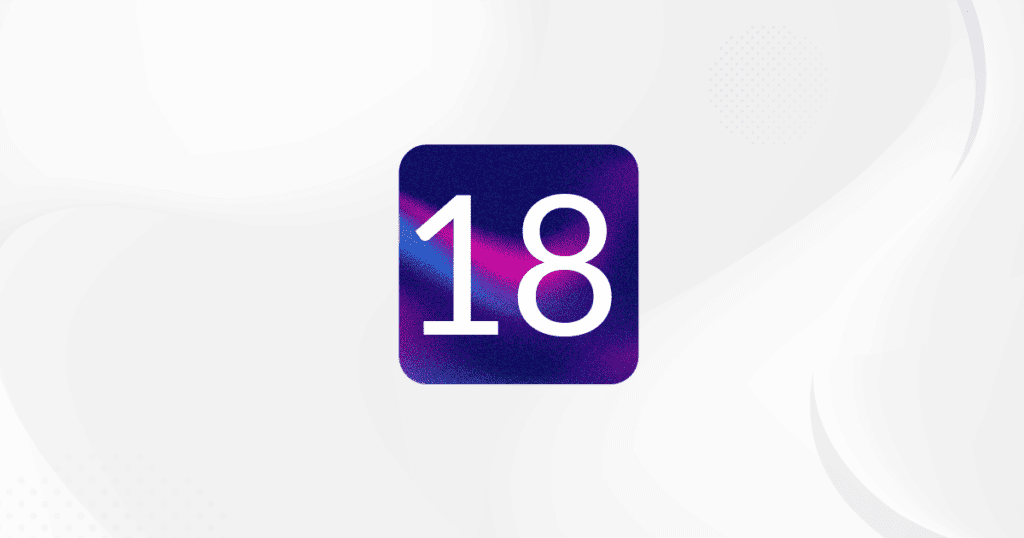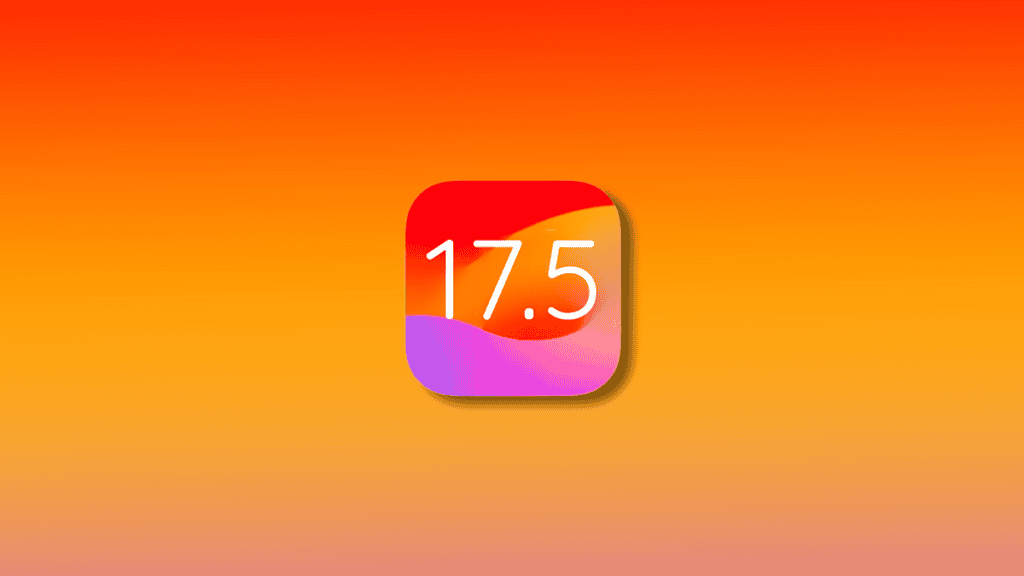With the introduction of sleep apnea detection and breathing alerts, iOS 18.1 beta leverages the Apple Watch’s capabilities to bring an added layer of health monitoring to users. This feature utilizes data from the Apple Watch to observe and analyze sleep patterns, providing personalized notifications on breathing disturbances. As users explore these new tools, they also contribute to a broader understanding of how digital health can aid in early detection and improved wellness.
New Health Monitoring Features Explained
iOS 18.1 beta’s new sleep monitoring tools make a significant advancement in personal health management. By tracking breathing patterns, the feature can detect potential signs of sleep apnea, offering alerts for users to address possible health concerns.
Key aspects of this feature include:
- Use of Accelerometer Data: The Apple Watch’s accelerometer tracks wrist movements, providing insight into respiratory patterns during sleep.
- Personalized Setup: Users input age and any prior diagnoses, creating a customized health monitoring experience.
- Detailed Data Analysis: A minimum of 10 nights of sleep data is required for accurate analysis, with breathing disturbances monitored over 30 days.
- User Engagement: Notifications for moderate to severe sleep apnea give users actionable insights into their sleep health.
By leveraging this data, the iOS 18.1 beta not only fosters awareness but also encourages users to seek further evaluation if necessary.
Understanding Sleep Apnea and its Health Implications
Sleep apnea, a condition marked by interrupted breathing during sleep, can have serious health implications if left untreated. The two main types—Obstructive Sleep Apnea (OSA) and Central Sleep Apnea (CSA)—both pose risks to cardiovascular health, increasing the likelihood of conditions like hypertension and heart disease. With millions of undiagnosed cases worldwide, early detection becomes essential.
Symptoms of sleep apnea can include:
- Loud Snoring: Often the most noticeable sign of sleep apnea.
- Gasping for Air During Sleep: Frequent interruptions in breathing can cause gasping or choking sounds.
- Daytime Fatigue: Poor quality sleep often leads to excessive tiredness during the day.
- Difficulty Concentrating: Sleep apnea can impact cognitive function, leading to memory issues and trouble focusing.
The new sleep apnea notifications aim to empower users by providing timely alerts and encouraging them to seek medical advice if symptoms align with sleep apnea.
How Breathing Alerts Function
Breathing alerts in iOS 18.1 utilize Apple Watch technology to identify deviations in normal respiratory patterns, thereby detecting potential sleep apnea. The system analyzes wrist movements and collects data over a period of at least 10 nights to establish a user’s baseline.
Here’s a closer look at the technology:
- Data Collection: Over 30 days, the system analyzes breathing disturbances, creating a comprehensive view of sleep health.
- Alert Mechanism: Notifications are triggered when the system identifies consistent indicators of moderate to severe sleep apnea.
- Reliability: With a sensitivity of 66.3% and specificity of 98.5%, the alerts offer a high degree of accuracy in detecting sleep apnea risks.
This proactive approach not only raises awareness of sleep apnea but also facilitates early intervention and improved long-term health outcomes.
Setting Up Sleep Apnea Notifications
Setting up notifications for sleep apnea alerts in iOS 18.1 is straightforward. Here’s how to do it:
- Open the Health App: Navigate to the “Respiratory” section within the app.
- Confirm Personal Details: Enter your Date of Birth and any known diagnoses related to sleep apnea.
- Enable Sleep Data Collection: A minimum of 10 nights of sleep data over a 30-day period is required for accurate analysis.
- Activate Notifications: After setup, users will receive alerts if moderate to severe sleep apnea is detected.
Advantages of Early Detection for Sleep Health
The ability to detect sleep apnea early comes with numerous health benefits:
- Reduced Health Risks: Identifying sleep apnea early can reduce the likelihood of related conditions such as hypertension and cardiovascular disease.
- Improved Sleep Quality: Addressing sleep apnea can improve overall sleep quality and alleviate daytime fatigue.
- Enhanced Doctor-Patient Communication: Detailed reports from the Health app facilitate discussions with healthcare providers.
- Informed Lifestyle Choices: Understanding sleep patterns allows users to make lifestyle changes that support better sleep health.
These advantages highlight the importance of early detection, helping individuals take proactive steps towards better health management.
User Experience with Sleep Apnea Monitoring
Users have responded positively to the new feature, noting how it offers actionable insights and supports ongoing health monitoring. By collecting a comprehensive dataset over 10 nights, users can rely on a more tailored experience.
- Accessible Data: Users can view their breathing disturbances over the past month, six months, or year.
- Seamless Integration: The feature works in conjunction with Apple Watch, enabling unobtrusive tracking.
- Ease of Sharing with Healthcare Providers: Users can quickly share detailed reports, aiding in early diagnosis and treatment.
Looking Ahead: Future Enhancements and Updates
As Apple refines the sleep apnea monitoring tool, future updates are likely to include:
- Broader Accessibility: Extending compatibility to older Apple devices.
- Additional Health Metrics: Integrating metrics like heart rate variability for deeper insights.
- Enhanced Notification Accuracy: Personalizing alerts based on individual health data.
- Global Regulatory Compliance: Ensuring that all features meet international health standards for wider availability.
These potential updates signify Apple’s commitment to advancing health monitoring capabilities and supporting proactive wellness.
iOS 18.1 Beta and Proactive Health Management
The introduction of sleep apnea detection and breathing alerts in iOS 18.1 beta sets a new standard in personal health monitoring. By utilizing Apple Watch technology, users gain valuable insights into their sleep health, helping them take proactive steps toward improving well-being. As digital health continues to evolve, Apple’s innovations empower individuals with the tools to manage their health effectively.




